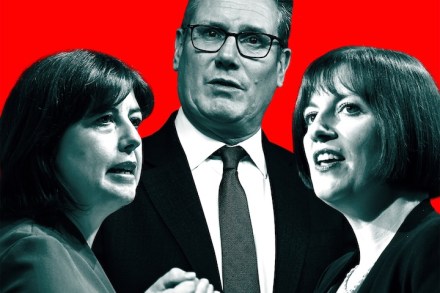Pain is inevitable for Rachel Reeves
A year ago, the Chancellor called her £38 billion tax rise a ‘one-and-done’ move. Now she looks set to rinse and repeat, with reports that a 2p increase in income tax is on the table. According to The Times, she has informed the Office for Budget Responsibility that a rise in personal taxation is one of the ‘major measures’ she will announce. This is the strongest signal yet that she will break Labour’s manifesto pledge not to increase income tax rates. What does this mean for the Chancellor, and taxpayers? Elsewhere, David Lammy suffered a disastrous Deputy Prime Minister’s Questions after dodging questions on whether there had been another prisoner




















